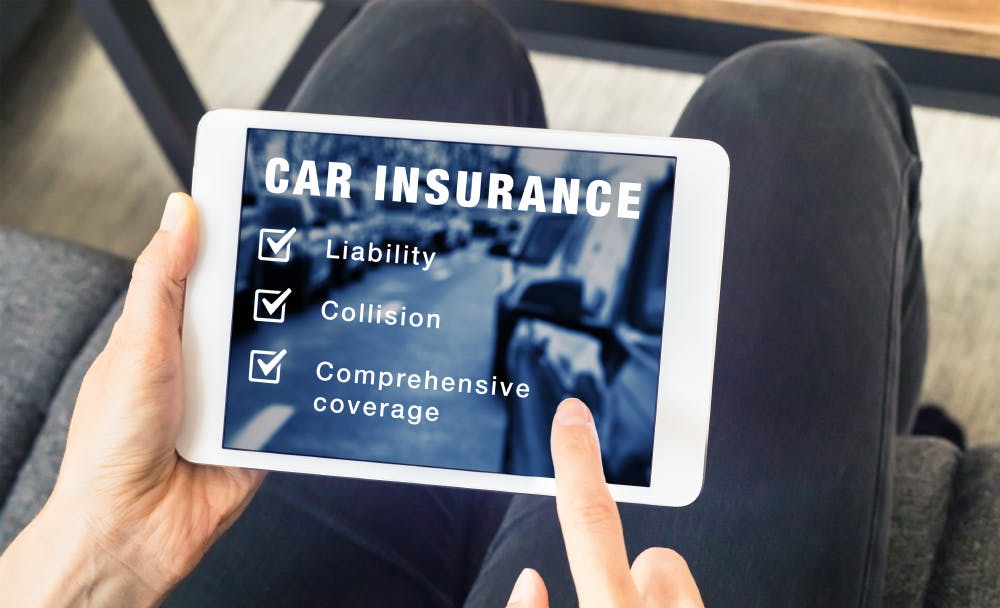6 Types of Auto Insurance and Why They’re Important
The consequences of not having the proper auto insurance can have significant effects on your bank account, your mental and physical well-being, and your future as a motorist.
And these consequences are magnified if you’re in an accident.
Every state requires a minimum amount of insurance coverage for both the driver’s protection as well as others on the road. For example, many states require a minimum of $30,000 in liability coverage for personal injuries and $25,000 for property damage.
"Insurance coverage is a wise investment as it relates to keeping yourself financially protected and emotionally at ease," said Amy Witherite, founder and attorney at Witherite Law Group. “For example, in Texas, one out of four drivers are uninsured and three-fourths of those insured carry only the minimum coverage. For these reasons, it’s smart to be prepared beforehand with adequate insurance so you’re not regretful after an accident.”
Know what’s adequate and required according to the state where you reside before getting behind the wheel.
The six common types of insurance coverage and why they’re important if you get in an accident include:
· Liability: Covers personal injuries and automobile damages if you’re determined to be at fault in an accident. Most states require this.
· Collision: Reimburses you for damages to your car in a collision involving other vehicles or stationary objects such as mailboxes or poles.
· Comprehensive: Covers damages to your car that result from primarily non-collision events such as vandalism, fire, theft, and storms.
· Personality injury protection (PIP): Covers personal injuries and lost income of a driver and his/her passengers, regardless of who is determined to be at fault. It is often called “no-fault” insurance.
· Uninsured motorist (UM): This coverage covers injuries to you and damage to your car when the driver responsible for your accident is not insured. A hit and run accident is an example of an event covered under this option.
· Underinsured motorist (UIM): If the driver at fault has insurance but their limits are too low to cover the full cost of an accident, this coverage provides you protection by covering your medical bills or damage to your car.
The consequences for not having the proper or adequate amount of insurance can be extensive and expensive. In some cases, depending on the state, the consequences can also include fines and penalties.
Know your requirements before an accident and avoid costly consequences.
The accident attorneys of Witherite Law Group help those who have been injured in a car or truck accident. Get legal help today by calling 1-800-CarWreck® or 1-800-TruckWreck or visiting www.WitheriteLaw.com. We’re available 24/7.

